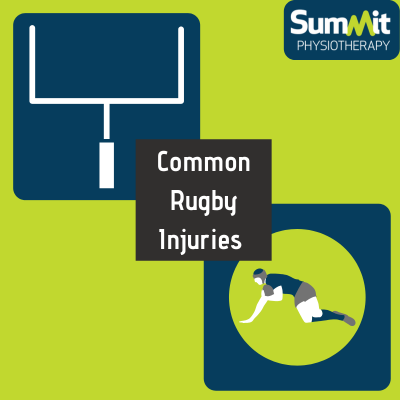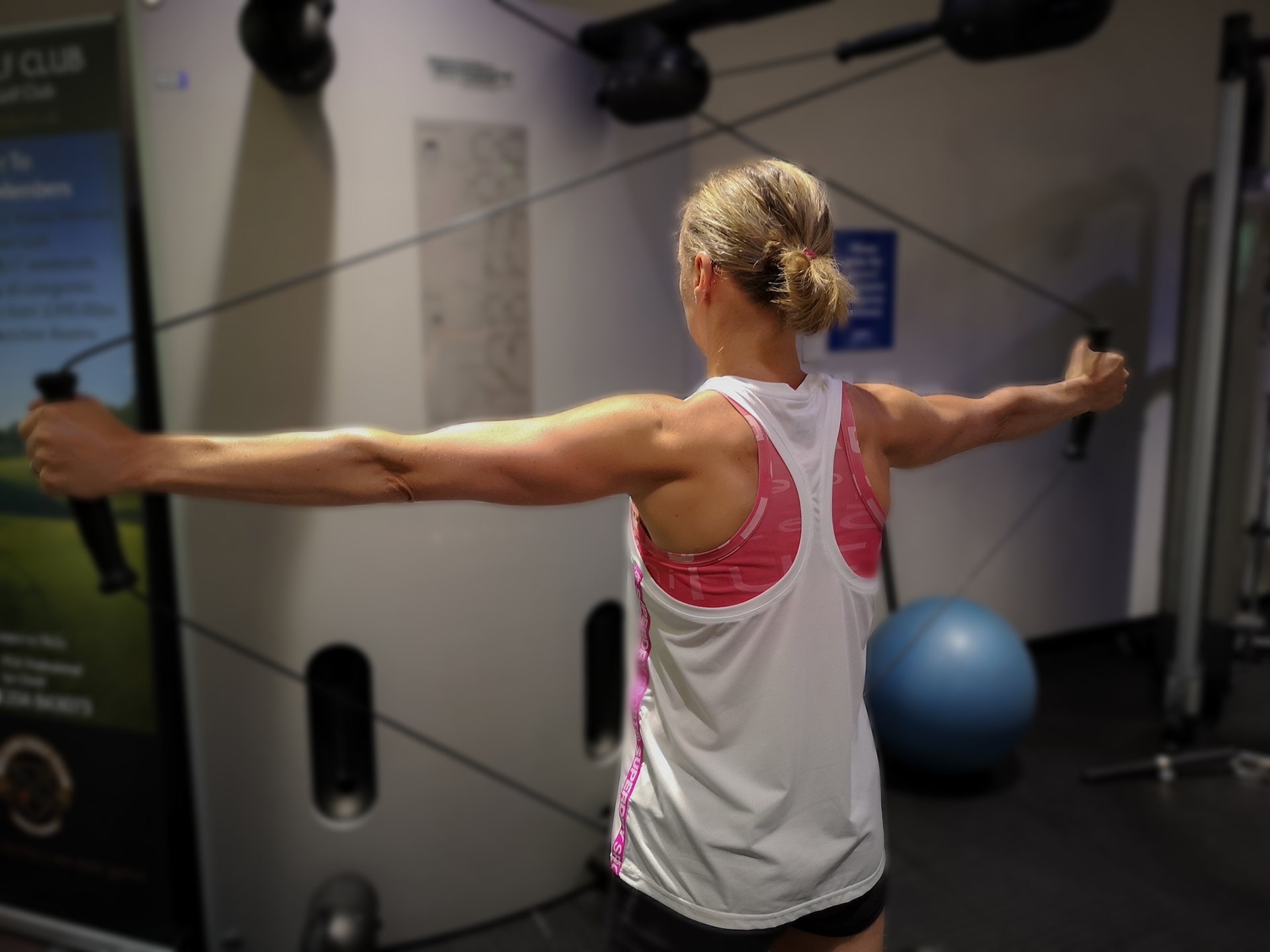Introduction
It only takes a few seconds of watching rugby before you realise why there might be injuries involved. The sheer velocity at which some players travel across the pitch and collide with each other means that problems are inevitable and can feel unavoidable.
Rugby demands the running and endurance of Football combined with the contact and tackling that is similar to American football. With running, there is the potential for overuse injuries like tendinitis and bursitis. More common, however, are traumatic injuries sustained during collisions with other players or on the ground during the scrum and tackling.
With the Ruby World Cup in full swing, we thought it’d be an appropriate time to talk to you about common rugby injuries and the steps you can take to avoid them.

Common Injuries involved with Rugby
Because rugby involves a great deal of running overuse injuries are commonly seen within the sport. Although these are usually not considered “serious” injuries, they can adversely affect performance and possibly lead to more complicated conditions if not properly addressed by a qualified professional.
Because rugby is a collision sport, traumatic injuries do occur. They can include fractured bones, dislocated fingers, cuts, sprained ligaments and strained tendons or muscles and deep muscle bruises. There has been an increase of facial fractures, especially of the nose because helmets are not worn.
Knee injuries can occur from contact forces or from rotational forces during a quick change of direction. Shoulder injuries from contact with other players or the ground can include sprains or dislocations. Because players do not wear any type of protective mask, cuts on the face are fairly common in rugby players. In addition, rugby tacklers can get injured just as easily as those being tackled due to the lack of protective body pads.
As in other sports that involve speed and contact, concussions can and do happen in rugby. Confusion, forgetfulness, dizziness, blurred vision and a headache are just a few of the possible symptoms of a concussion. Rugby players are traditionally a tough breed and may attempt to continue or return to play after a concussion. However, every player with a suspected concussion should be removed from the practice or game. It’s very important that players are properly evaluated and cleared for play from a qualified medical professional who is experienced and familiar with modern concussions.

How to Avoid Those Common Injuries
So how do you avoid all these injuries? Firstly, make sure you are following the proper technique for tackling and side-stepping. This will ensure that you don’t injure yourself or anyone else when challenging for the ball.
Secondly, develop a training program that works on coordination, strength, balance and flexibility. You may warm up but it still may not be enough to keep you away from injury.
Finally, to keep yourself safe make sure you wear protective gear (headgear and a mouth guard) and if you become injured in a game, avoid returning to play until you have been cleared by a medical professional as continuing to play will only increase the chance of another injury.
Conclusion
Here at Summit Physiotherapy, We listen, we assess, we educate you, we create an injury management & rehabilitation plan individualised to you. After this, we assist & support you, so you return to a pain-free life with confidence.
Our aim is to provide an excellent service to you that by the time you complete the journey with us, you understand what is needed for you to prevent you having to see us with that injury again.
Book your FREE assessment today!
To keep up to date with all the latest Rugby World Cup news, visit: https://tinyurl.com/y53pzu2e

References
- Henderson, S. (2019). Most Common Rugby Injuries | First Aid 4 Sport | Blog. [online] Firstaid4sport.co.uk. Available at: https://www.firstaid4sport.co.uk/blog/most-common-rugby-injuries/ [Accessed 27 Sep. 2019].
- Physioworks.com.au. (2019). Common Rugby Injuries. [online] Available at: https://physioworks.com.au/Injuries-Conditions/Activities/rugby-union-injuries [Accessed 27 Sep. 2019].



